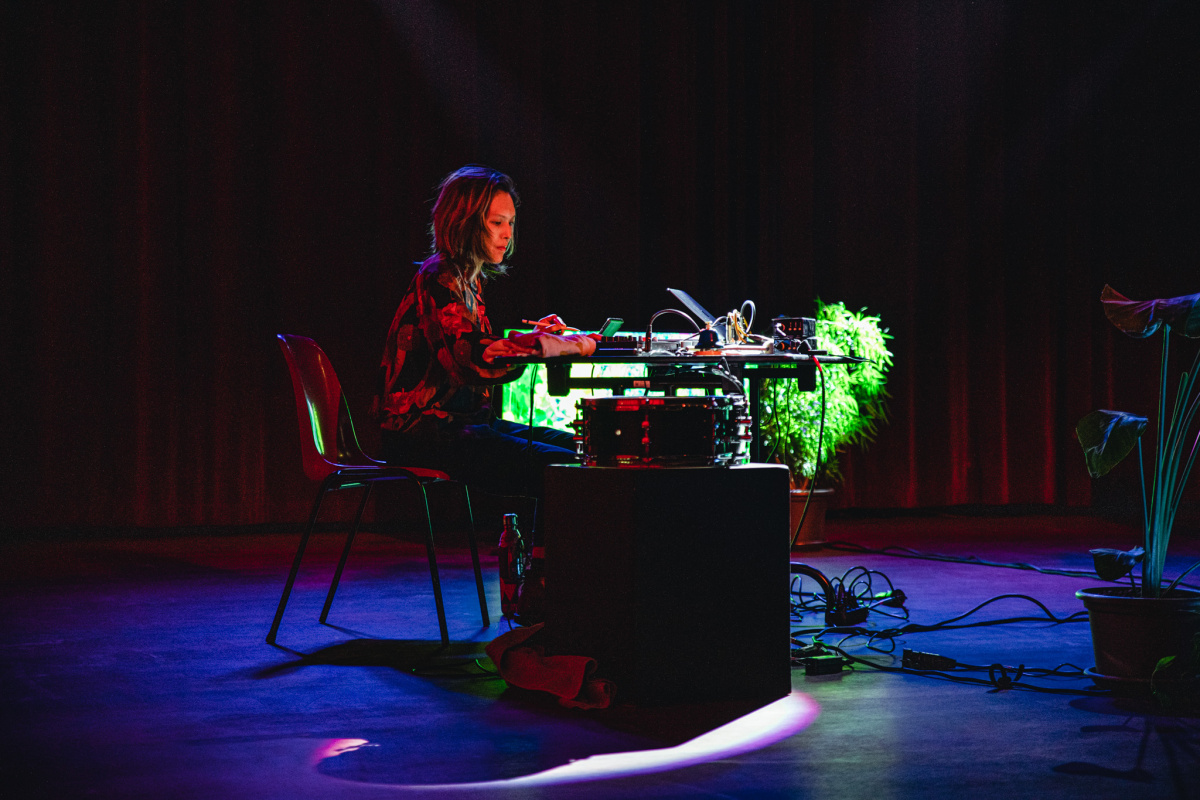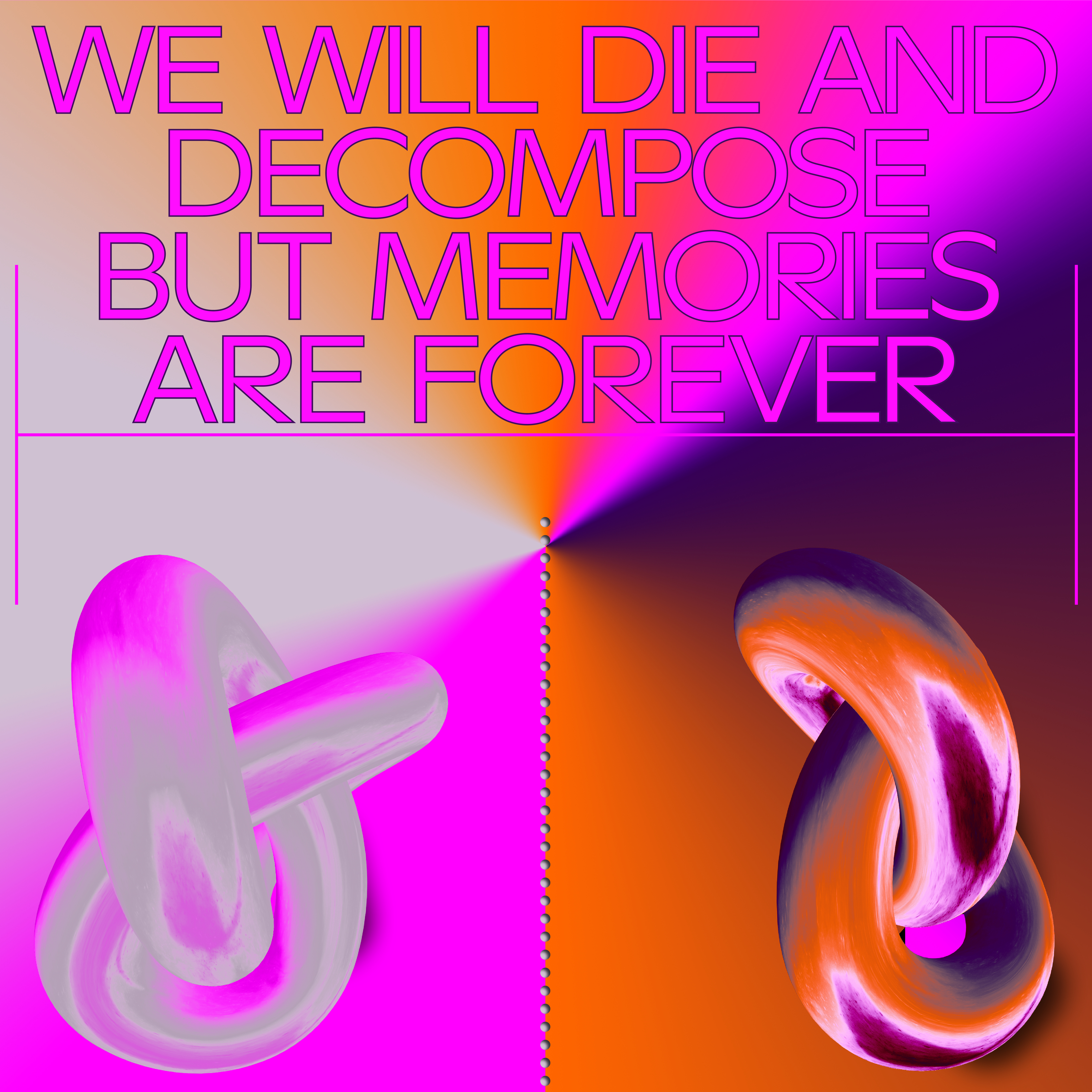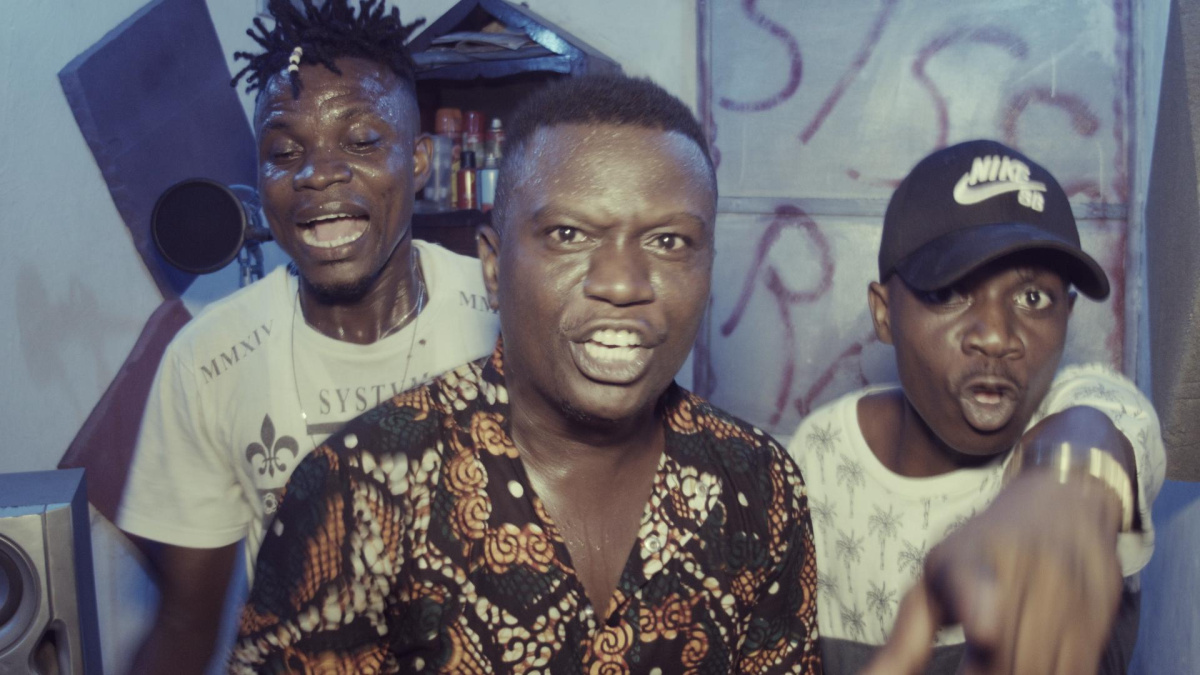
Mapping Memories
To memorize a place and its emotional attachment to it, a form is needed. This is what our writer, Gisela Swaragita, is reminded of when listening to Liew Niyomkarn’s music, in which the musician captures moments of her childhood with field recordings.
I was 32 when I was diagnosed with sciatica and the doctors required me to do an MRI scan. The test itself was already the most sci-fi thing that has ever happened to me. But what was more shocking was how it gave me a wholesome sonic experience. To do the MRI, I was strapped into this rotating bed and fed into a rocket-ship-like machine that emitted cool beeps and beats. Plus, the vessel in which I was put to radiate this cold, red glow that was nightclub worthy. I thought: «Wow this is cool», but then sadly the nurses put a pair of headphones blasting a Keane album on my head to distract me from the noise. The hospital staff thought the MRI machine noises would make the patients anxious or upset, so the protocol said a pop-rock playlist would be a good sedative. I tried hard to concentrate on listening to the Tesla machine’s rhythmic beeps to acknowledge and appreciate the whole sci-fi environment I was in behind «Somewhere Only We Know» by the band Keane.
I wish I could record that experience and share it in my Instagram stories. But you can’t bring anything with metal into the MRI machine. I couldn’t even wear my piercing jewelry to the MRI room, let alone bring a cell phone. Instagram stories are my weapon of choice to eternalize interesting moments – not because of the sharing feature, but more because it is so easy to archive these moments and even easier to call them back whenever I feel nostalgic.
I ended that MRI session with a sunken heart because I really wanted it in the map of my memories of overwhelming emotions.
I was green with jealousy when I listened to Liew Niyomkarn’s I Think of Another Time When You Heard It (Chinabot 2022). The album is full of scraps from sonic memories that ignite her personal nostalgia. Not sharing the memories with her, I could not relate to the sounds as she would. However, I was still able to enjoy the noises she presents: an untuned lyre, a mother speaking in soft Northern Thai dialect, a gush of a waterfall.
When listening to this album, I don’t feel the warmth of listening to a mother’s murmur like she might, and I don’t smile remembering that fun time playing in the waterfall with friends like she might. This album does not remind me of Thailand, like it might for her. But as a music lover, I still can appreciate this album as a sonic creation, as well as respect the memories of her hometown that she really longs for. It is curious that a soundscape captured in a field recording can act as a time capsule that brings you to the time and space, the when and where, marked by significant emotions.
What I always disliked about overly personal or memory-based visual artist projects or field recordings that are treated as memorabilia, was that they were usually too personal – too distant from their audience. They usually made me feel like I was invited to a party where people would ignore me because I just simply couldn’t relate to their memories and their stories. However, Niyomkarn’s album felt like a childhood photo album of a close friend, where I could appreciate the innocent gems of the memories of their past as I turned the pages. Curiously, I did not feel excluded from her memories. I turned the pages of the photo album, admiring how intelligible convo in Thai tells old stories that are new for me.
This album, as well as my missed opportunity to record a glimpse of my MRI experience, made me think of how weak people’s abilities to remember are, and that they constantly need reminders for memories: whether it is a short Instagram story, or a full album with artwork covers and liner notes.
This essay is part of the Norient Special «All in It Together» in collaboration with Rewire Festival 2023.
Biography
Published on March 15, 2023
Last updated on June 13, 2023
Topics
Place remains important. Either for traditional minorities such as the Chinese Lisu or hyper-connected techno producers.
How do acoustic environments affect human life? In which way can a city entail sounds of repression?
Special
Snap


